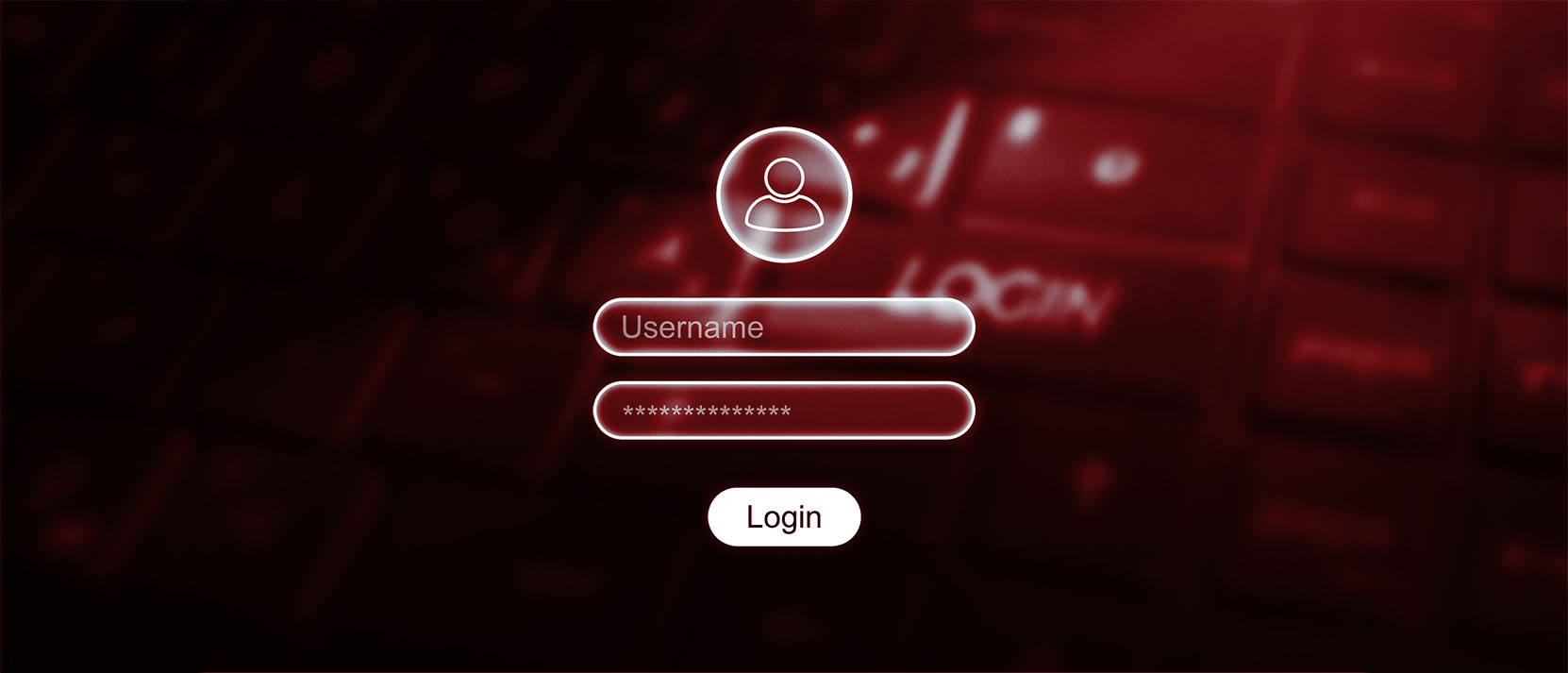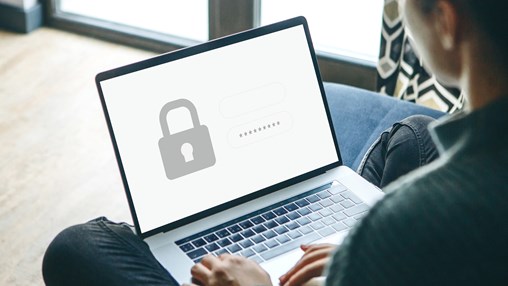Fraud
Protect your login credentials to prevent fraud
12/8/2023
Few situations cause more immediate stress than receiving a call from your bank about fraudulent activity on your account. All of your attention focuses on preventing a financial loss and protecting your hard-earned money, overriding your common sense. Fraudsters know this, which is why posing as a customer’s bank has become a prevalent scam. Here is how it works and what you can do to avoid becoming a victim.
Fidelity Bank will never initiate contact and ask for your account information or online and mobile banking credentials, including usernames, passwords and security codes.
“We’re calling about fraudulent charges on your account.”
Your caller ID indicates that you have an incoming call from your bank. You answer the call and the person on the other end of the line says that they are with your bank’s fraud department. They claim there are issues with your account. As the conversation continues, the person asks you for your online banking username and password. They ask for the multi-factor authentication code sent to your phone. Once they have it, your account is at serious risk. A quick transfer later and you have suffered a financial loss.
The person you talked to was not a bank representative. They used number spoofing technology to appear as though they were calling from your bank. They introduced a stressful situation to distract you and divert your attention away from any signs that this is a scam. They create a false sense of trust and gather just enough information to take over your online banking account. Then they steal from you.
You may believe that you are too smart to fall for this scam. You might tell yourself that this type of thing happens to other people. Unfortunately, that is not the case. What is true: This is entirely preventable if you safeguard your personal financial information and credentials.
Hang up. Don’t reply. Report the incident.
Remember: There are legitimate times when your bank will contact you by text message or phone call regarding your account. However, your bank will never call, email or text you unprompted and ask you for sensitive account information or login credentials. Ever.
If you receive a call from someone purporting to be from your bank and you think it might be a scam, hang up. If you get an email, don’t reply. If you receive a text message, do not respond. Instead, go to your bank’s website to get their published contact information and reach out to them directly. This is the best way to determine if you were targeted for fraud. Your bank can make sure your account is secure and take appropriate precautions to keep your funds and information safe.

Other versions of this scam
Scams like this can take different forms and tend to evolve over time. Scammers may impersonate a well-known retail company claiming there is a fraudulent charge on your account. They may ask you to download a program to your mobile device or personal computer to allow them to connect to your device and access your online or mobile banking.
No matter what the circumstance, be sure to:
- Never share your username, password or access codes.
- Always report suspicious activity immediately, especially fraudulent transactions.
- Never hesitate to contact your bank through their official channels to share concerns about fraud.
Questions?
If you have any questions about the security of your account, contact a member of our customer care team at 1.800.658.1637.
To learn more about threats like identity theft, phishing scams, spyware and viruses, visit our Security Center.


